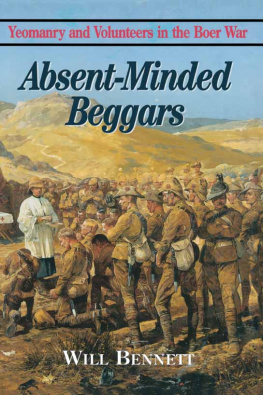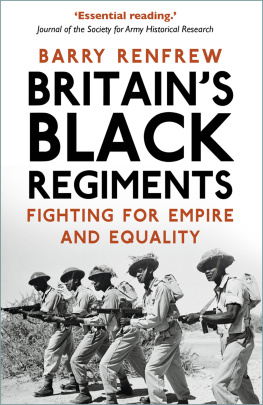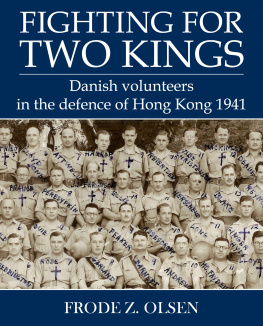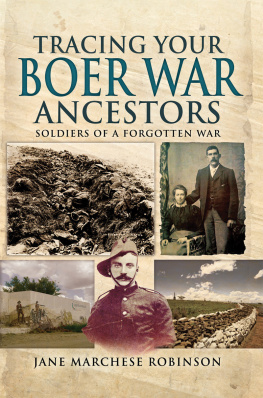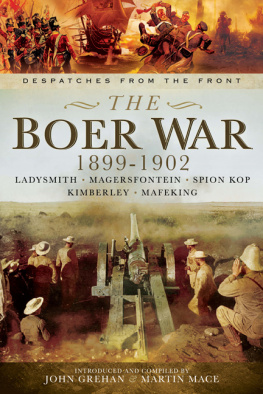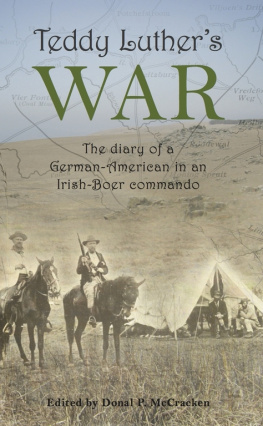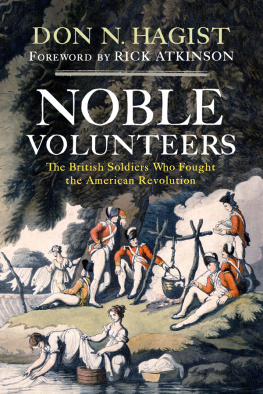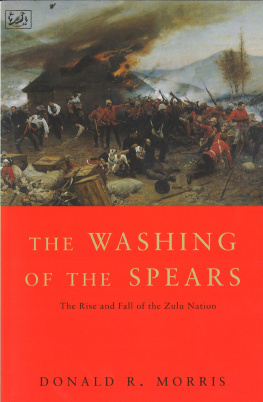ABSENT-MINDED
BEGGARS
ABSENT-MINDED
BEGGARS
VOLUNTEERS IN
THE BOER WAR
by
WILL BENNETT
LEO COOPER
First published in Great Britain in 1999 by
LEO COOPER
an imprint of
Pen & Sword Books Ltd
47 Church Street
Barnsley
South Yorkshire
S70 2AS
Copyright 1999 by Will Bennett
ISBN 0 85052 685 X
Typeset in 12/13pt Bembo by
Phoenix Typesetting, Ilkley, West Yorkshire
Printed in England by
Redwood Books Ltd, Trowbridge, Wilts.
This book is dedicated to my mother,
JOAN BENNETT,
who encouraged me to write it,
but who did not live to see it completed.
CONTENTS
Appendices
The volunteers who came forward in Britain and the colonies during the Boer War have been much neglected by military historians. Regimental histories, personal memoirs and books on the Volunteer Force such as Ian Becketts Riflemen Form have all touched on aspects of the Imperial Yeomanry, City Imperial Volunteers and Volunteer Service Companies, but few attempts have been made to tell their story as a whole. Yet it was an important development in the history of the British Army. For the first time large numbers of volunteers, some from the auxiliary forces but many with no previous military experience at all, were allowed to serve alongside regular troops. The British Governments decision to accept volunteers was taken at a moment of high imperial drama. The series of reverses which the Boers inflicted on the British in December, 1899, in what became known as Black Week triggered one of the greatest crises in the history of the British Empire. The centenary of these events seems an appropriate time to tell the story of the volunteers.
Many of the volunteer units were wonderfully eccentric products of both the British class system and the nations talent for improvisation. It is hard not to smile at the gentlemen rankers of the Duke of Cambridges Own Imperial Yeomanry who paid their own way to South Africa only to find themselves prisoners of the Boers or at the conversational way in which CIV sergeants gave orders to their men. The CIV was a classic piece of early privatization, buying almost all its equipment, even artillery, on the open market with generous funds provided by the City of London. The formidable upper class ladies who organized and despatched the well-equipped Imperial Yeomanry Hospital deserve to have their story told, while the chaos surrounding the raising of the second contingent of Imperial Yeomanry has rarely been looked at in any detail. Yet, amid the eccentricity and the humour, it should never be forgotten that the Boer War was a particularly brutal conflict. Boer homes were burned down, women and children sent to concentration camps where they died by the thousand in insanitary conditions and both sides on occasions shot prisoners. The conflict may have attracted gentlemen rankers but it was certainly not a gentlemens war.
As far as the title of the book, Absent-Minded Beggars, is concerned I cheerfully plead guilty to having bent the rules. Strictly speaking Kiplings poem, which took the nation by storm in late 1899 and early 1900, referred to the reservists who were called from their civilian occupations and sent to South Africa. But The Absent-Minded Beggar quickly became the anthem of the volunteers who followed them. It was sung at almost every gathering held to mark the recruitment and despatch of the Imperial Yeomanry and other volunteer units. Indeed the lines Cooks son Dukes son son of a belted Earl, Son of a Lambeth publican its all the same today describe the Imperial Yeomanry very well. So there it is. I hope the purists wont object too much.
The decision on what to include and what to exclude from a book is not always easy. It was clear from the start that the Imperial Yeomanry, CIV, Volunteer Service Companies and medical volunteers ought to be included. I later came to the conclusion that a chapter on the non-South African colonial volunteers also ought to be incorporated. The Scottish Horse, although partly raised in South Africa, squeaked in because most of them were recruited in Scotland and Australia. I decided to exclude the South African colonial units because they are a complex subject deserving separate treatment and because most of them did not come from overseas to fight. I also rejected the militia, who were not volunteers, and the South African Constabulary, although I have mentioned them briefly, because they were regarded as a police force, albeit a paramilitary one. Most reluctantly of all, I decided to leave out the volunteers on the Boer side because I did not have easy access to the relevant material in the time available.
There are many to whom I am indebted. First of all I am grateful to my family, friends and my colleagues at the Daily Telegraph, few of whom have the slightest interest in the Boer War, for tolerating me discussing the progress of the book. Those who have provided me with material or permission to use material include John Sly, Ted Peacock, Mike Hibberd, Meurig Jones, Martin McIntyre, Professor Peter Beighton, the Museum of the Order of St John, and Lieutenant-Colonel Neil McIntosh of the Green Howards Museum. I am eternally grateful to the staff of the National Army Museum for their assistance and for the use of their archives while I was researching the book. I also acknowledge my debt to two of the great standard works on the period, The Boer War by Thomas Pakenham and A History of the British Cavalry Volume Four by the Marquess of Anglesey as well as to Amerys massive Times History of the War in South Africa. For the chapter on the overseas colonials I had less access to primary material and have leaned heavily on Brian Reids excellent Our Little Army in the Field for the Canadians and R.L. Wallaces finely researched The Australians at the Boer War. It is only right that this should be acknowledged. I plead for the forgiveness of anyone who I have inadvertently omitted from this list.

Dawn had not yet arrived and the street lamps of London were still burning under a clear night sky as the huge folding doors of the Honourable Artillery Companys drill hall in Bunhill Row were flung open shortly before 7am. As the men of the City of London Imperial Volunteers marched out behind the band of the London Rifle Brigade a roar of welcome from the huge waiting crowds greeted them. A large force of mounted police, their horses sometimes bucking nervously, struggled to force a way for the 500 men of the first contingent of the CIV as they began their march through the city which had raised them to Nine Elms railway station. There they would entrain for Southampton where they would board the troopships taking them to South Africa to fight in the Boer War.
London had not seen such an outburst of popular enthusiasm since the parade which celebrated Queen Victorias Diamond Jubilee and with it Britains Imperial high noon almost three years previously. The CIVs march to Nine Elms, south of the river, was supposed to take one hour and ten minutes. Instead it took three hours and twenty minutes for the men to force their way through the pushing, swaying crowds singing the patriotic songs popular in January 1900. Any pretence at an orderly march was soon abandoned and as they pushed onwards the CIV men smoked, chatted, sang snatches of songs and kissed the girls who hung upon their arms. By the time they arrived at the railway station some of the men were exhausted and many pieces of equipment had gone missing, often snatched as souvenirs by the crowds.

